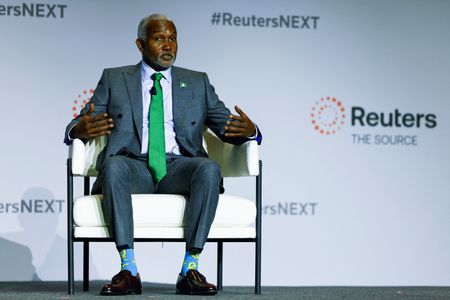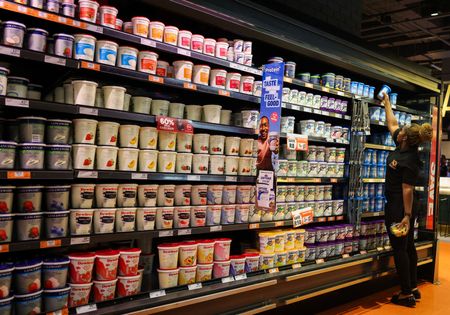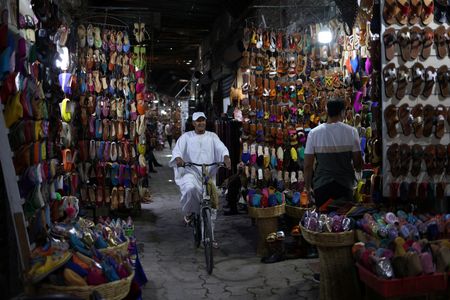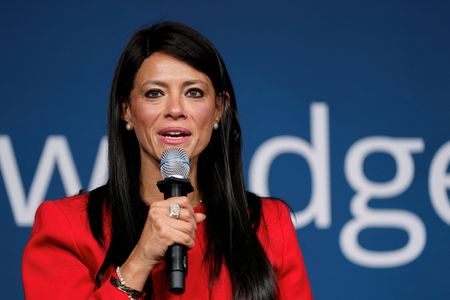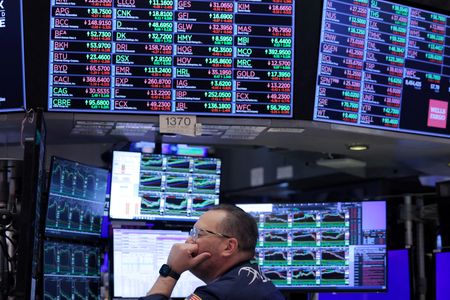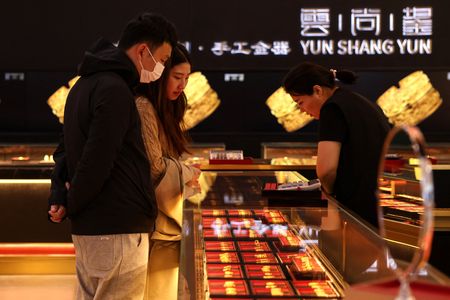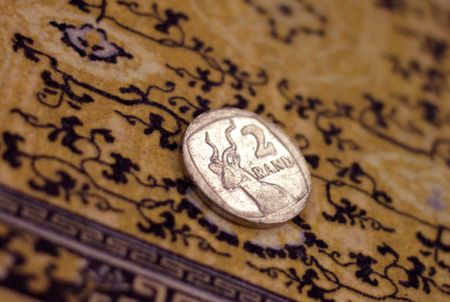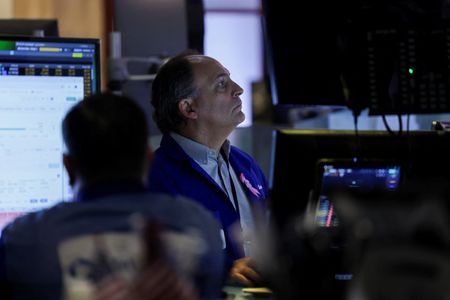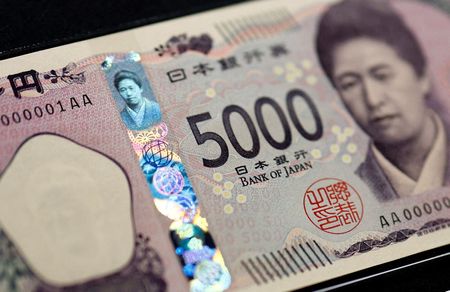ABU DHABI (Reuters) -Rich countries should not approach trade with Africa as a game of Minecraft in which they secure supplies of natural resources, but rather as a relationship based on mutual respect and the need for Africa to develop, Nigeria’s foreign minister said.
Yusuf Tuggar also said that Nigeria, Africa’s most populous country and a crude oil exporter with chronic problems such as a huge power deficit, was less affected by U.S. trade tariffs than other countries due to its scale and its other trading partners.
“It’s important in approaching Africa for the global North and for the developed countries not to take a Minecraft approach,” Tuggar said during an interview at the Reuters NEXT Gulf summit in Abu Dhabi.
“Sometimes it’s like the game Minecraft: There’s oil, there’s gas, there’s critical minerals, rare earths. We put a bit of this, we invest in this. No, that’s not the way it goes.
“The engagement should be based on mutual respect, based on shared interests and based on the fact that Africa needs to develop. If it doesn’t develop, we continue to deal with irregular migration, with all these other challenges.”
The popular video game Minecraft involves players exploring a 3D world made of textured cubes in which they can mine materials, craft tools and build structures.
African countries rich in natural resources, such as Nigeria with oil and gas or Democratic Republic of Congo with critical minerals, have long struggled to diversify their economies and reduce their reliance on exports of raw materials.
Asked about U.S. President Donald Trump’s tariffs policy, which imposes a 15% levy on goods from Nigeria including its all-important oil and gas, Tuggar said Nigeria had certain advantages that would help it to withstand the blow.
“We are a very large country of 230 million people, so we have a huge internal market,” he said. “That also means we have a larger talent pool than other countries.”
“And we can of course trade with other countries which is what the Tinubu administration is trying to emphasise – strategic autonomy,” he said, referring to President Bola Tinubu.
“Our relationships are not based on ideological considerations, they’re based on interests, beginning with our national interest. So we trade with the U.S., we trade with China, we trade with Brazil, we trade with India.
“And our focus is not necessarily on one axis or another, especially in a multi-polar world.”
To view the live broadcast of the World Stage go to the Reuters NEXT news page:
(Reporting by Jana Choukeir, Nayera Abdallah and MacDonald Dzirutwe. Writing by Estelle Shirbon. Editing by Andrew Heavens and Mark Potter)

